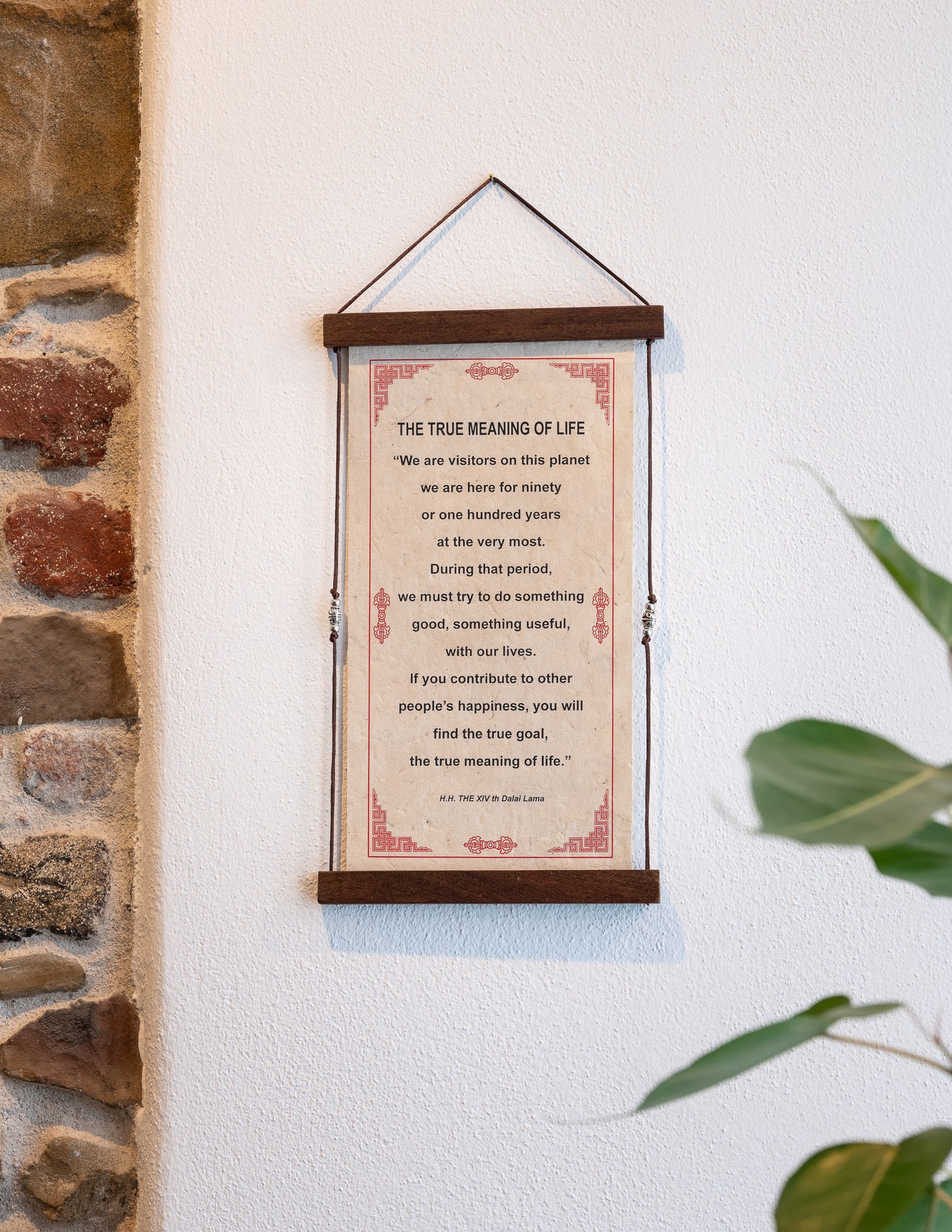Votre panier est vide
Continuer les achatsVous possédez un compte ?
Connectez-vous pour payer plus vite.

Suggestion de cadeau
Une collection d'articles populaires, petits et grands, qui sont parfaits pour offrir...
Vous possédez un compte ?
Connectez-vous pour payer plus vite.

Une collection d'articles populaires, petits et grands, qui sont parfaits pour offrir...